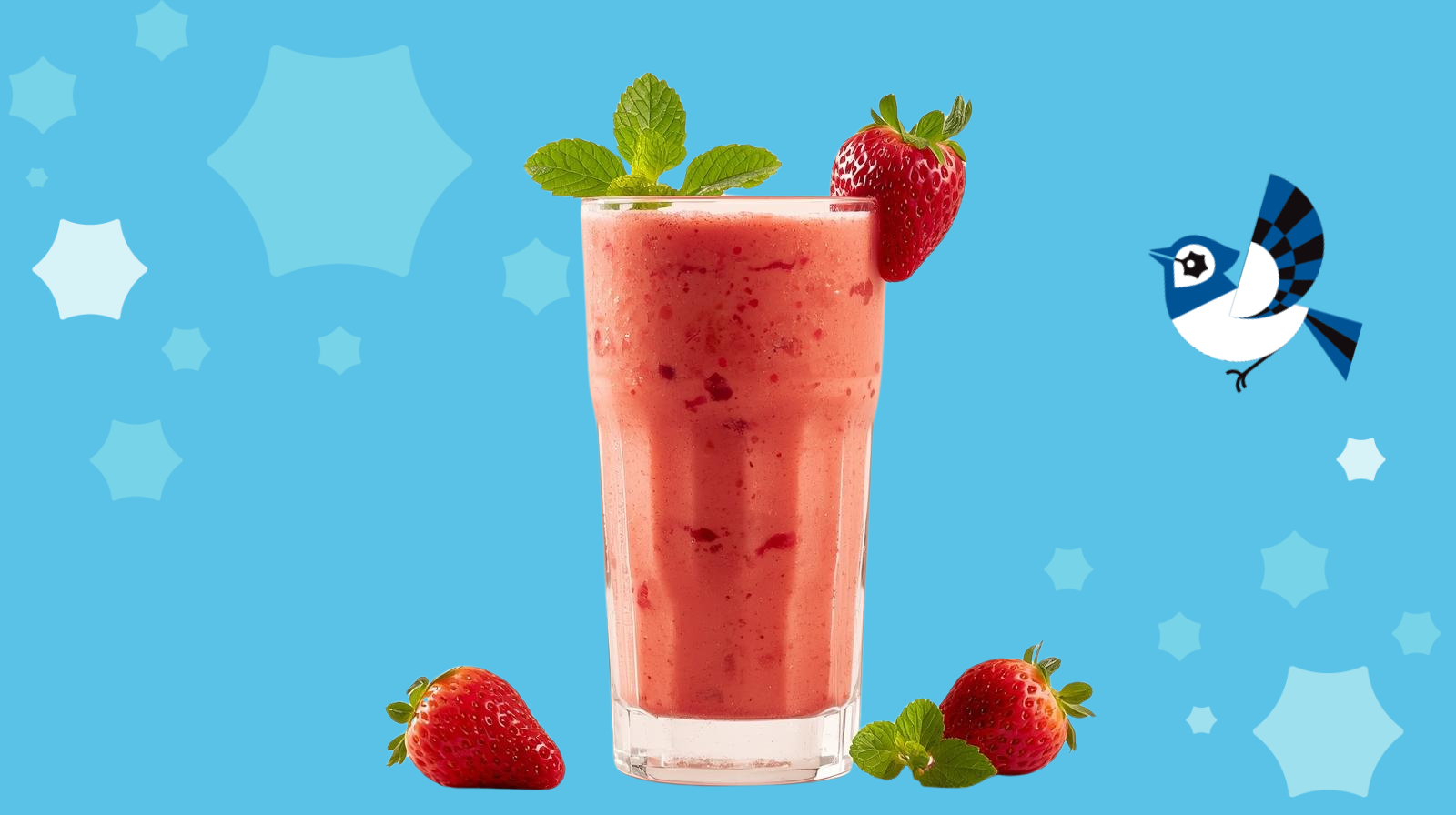When pregnant, one of the first conversations with your doctor is about nutrition and getting enough micronutrients. Micronutrients are vitamins and minerals that are found in trace amounts in food.
Vitamins are typically found in plant and animal foods, while minerals can come from soil, water, plants, and animal foods. If we all ate a perfect diet, and our foods were from the highest quality plants and proteins, we would probably get everything we need from our diet.
But we don’t always eat as healthy as we should, and the nutrient density of foods is not what it used to be. This is why supplementation can be an important part of overall health. Pregnancy poses some unique situations, which calls for a prenatal multivitamin and other nutrients per your doctor’s recommendation.
What are the best micronutrients to supplement with during pregnancy?
From a public health standpoint, agencies like the CDC and ACOG recommend iron, calcium, vitamin D, and folate. But many integrative and functional medicine doctors go further, highlighting the importance of additional nutrients like choline, zinc, magnesium, and probiotics.
At Mama Bird, we focus on supporting moms with clean, bioavailable nutrients to meet these needs. That’s why we recommend a combination of:
-
Prenatal Multi+ – packed with methylated B vitamins, iron, choline, iodine, and more
-
Prenatal DHA or Vegan Prenatal DHA – supports brain, vision, and nervous system development
-
Prenatal Probiotic – formulated to support digestion, immunity, and the vaginal microbiome for baby’s benefit
The MTHFR pathway and testing for the MTHFR gene variance
Your doctor may request a genomic test to determine if your MTHFR pathway is functioning at its best. It’s a saliva swab, similar to what you do in a genealogy test to find out your ancestry. You simply spit in the tube; that data will tell you how well your MTHFR pathway functions.
All humans have gene 5-methyltetrahydrofolate or better known as MTHFR. It is one of the regulatory enzymes involved in folate metabolism. An MTHFR deficiency is the most common determinant of serum folate and homocysteine status. Some women who test positive for the MTHFR mutated gene are at greater risk for negative outcomes. If a mother is positive for the MTHFR variant, her homocysteine levels may be high, called hyperhomocysteinemia, and her folate levels may be low.
Folate is responsible for making red blood cells and DNA and repairing DNA. These are critical elements to your health and your baby’s development. However, the body cannot break down folate with the MTHFR variant. This is why it is best to take methyl folate, which is easier for the body to absorb and use.
MTHFR’s role in male fertility
The father should also get tested for MTHFR. There is a link between pregnancy loss and male multi+ if the father has a mutated MTHFR gene.
Nutrition and supplementation while pregnant
It would be wonderful to think we could get everything we need during pregnancy from our food. There are many reasons why that's not the case these days – poor eating habits, large-scale agriculture that takes nutrients from the soil, food transportation, and as explained, during pregnancy, moms need more nutrients to support the baby’s growth.
It is so important for the mother to eat a varied whole food diet, and it’s not just about supplementation. It is extremely important that mothers understand that they can't just eat a bad diet and take prenatal vitamins and prenatal DHA. Mothers must eat an optimal diet as well as supplement with vitamins and anything else that doctors recommend, such as a probiotics supplement. A good diet is so important because you are getting a full profile of nutrition from meats, fruits, and vegetables, which work together synergistically. They feed the gut microbiome and help the digestive system, which is what we suggest for a very healthy pregnancy.
Eating Well + Supplementing Wisely
A healthy pregnancy starts with a balanced, whole-food diet. Think colorful fruits, veggies, quality proteins, and healthy fats. But even the best diet can benefit from smart supplementation, especially when your nutrient needs are higher than ever.
Remember: vitamins can’t replace a poor diet but they can fill in the gaps and support your body through every stage of pregnancy. For the best support:
-
Eat a varied, nutrient-rich diet
-
Supplement with Prenatal Multi+, Pre + Postnatal DHA, and Pre + Postnatal Probiotic
-
Talk to your doctor about personalized recommendations based on your health and genetics
Micronutrients are tiny, but their impact is huge. From brain and spine development to energy, immunity, and mood, the right combination of diet and supplements helps give your baby the best possible start and helps you feel your best too.
Ready to get started? Explore Mama Bird Prenatal Essentials to support your pregnancy journey with clean, trusted nutrients.










